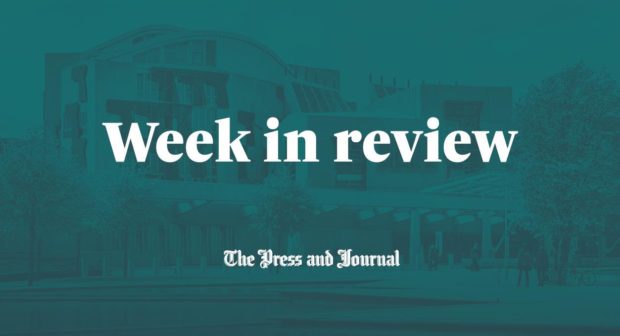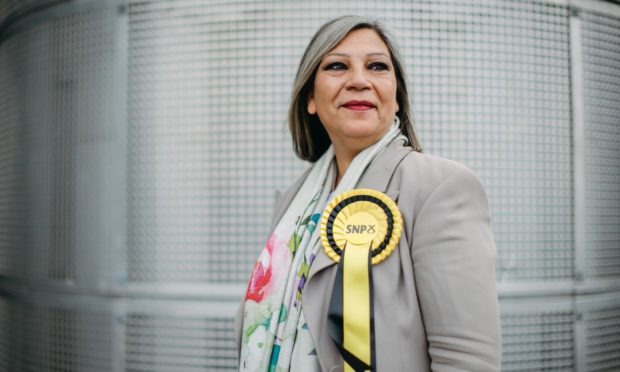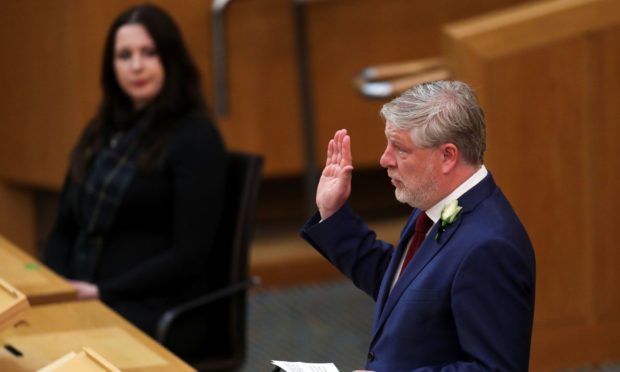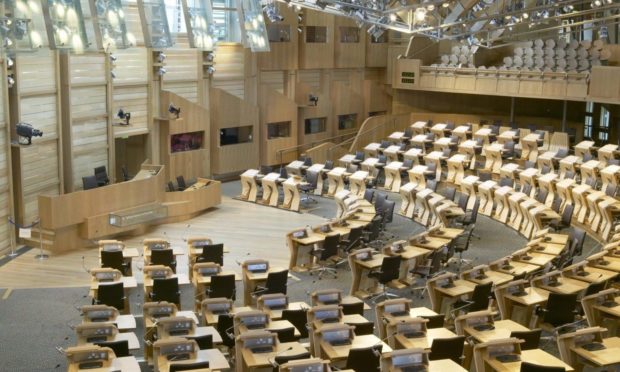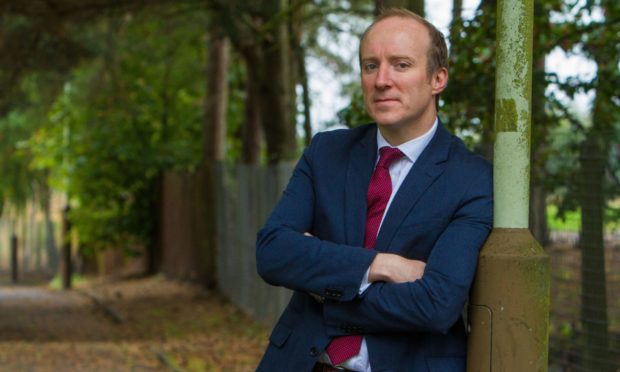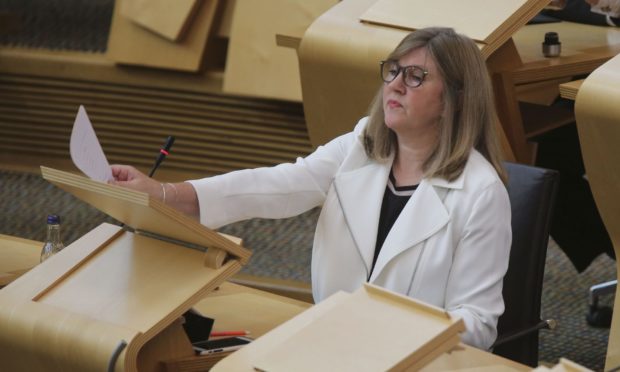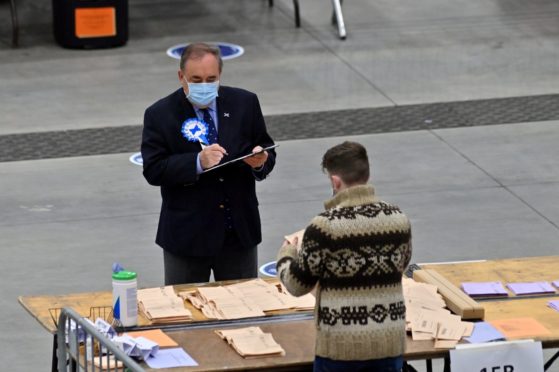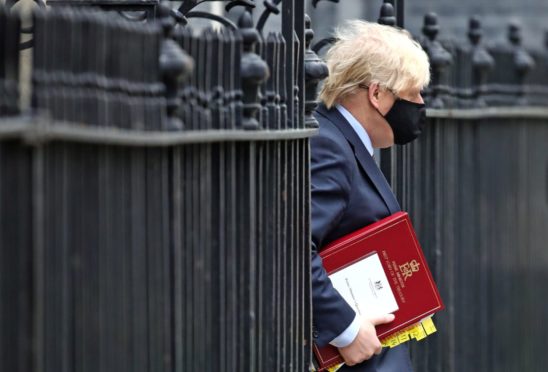It’s the week after the Scottish parliament election and we’re all suffering from an election hangover after a marathon campaign. However, it’s still been a busy week in politics!
Here’s a look at the top 10 political must-reads from the last week:
1. So what exactly happened with the election anyway?
We know, the election was a lot to take in what with the purple ballots and the peach ballots, the parties, the candidates, the constituency battles, the regional lists, five weeks of campaigning, one day of voting and two days of counting. Luckily Press & Journal political editor Andy Philip has boiled it all down into an easy-to-digest portion for you.
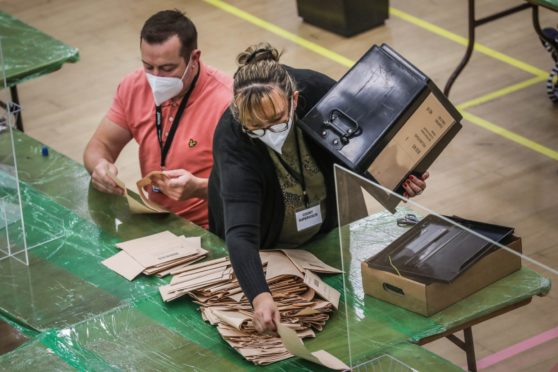
2. Scotland’s most diverse parliament so far
Last week’s vote had historic consequences, returning the first two women of colour to be MSPs – plus other politicians with immigrant backgrounds, LGBTQ+ MSPs including the first out Labour MSP, and the first Holyrood politician who permanently uses a wheelchair. More than ever before, this new crop of politicians reflects the diversity of the country, and reporter Derek Healey has written more about Kaukab Stewart, the first woman of colour elected to Holyrood.
3. Swearing oaths, and speaking in (many) tongues!
That diversity of MSPs was shown very clearly on Thursday when they showed up to give their oaths or affirmations in the chamber. It was a veritable United Nations of languages as politicians repeated their vows in English, and then in a second language if they wished. As reporter Rachel Amery discovered, this year we heard Scots, Dorric, Welsh, German, Urdu, a bit of Arabic, Canadian French, Punjabi and even Shona – one of the official languages of Zimbabwe. And another first – an MSP who took her oath in British Sign Language. Read more here.
4. So what happens now?
As parliament gets down to business, reporter Adele Merson takes a closer look at six of the biggest issues facing the Scottish parliament.
5. North east network to tackle drugs crisis
Some of the MSPs from the north east – a region that covers both Dundee and Aberdeen – are already thinking of ways to tackle the drugs crisis, which is particularly acute in City of Discovery. New MSP Michael Marra immediately got to work getting support from his new colleagues for urgent cross-party action into the problem.
6. Can the new parliament work for Scotland’s women?
This parliament achieved gender parity, with 45% of MSPs now women. But what does that mean for the women of Scotland, many of whom have been faced more hardships and disadvantage especially during the last year of the coronavirus pandemic? Adele Merson explores some of those issues.
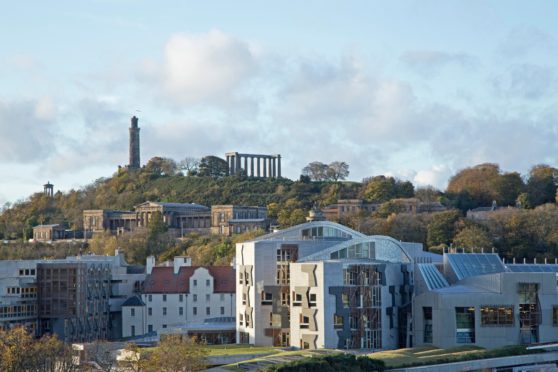
7. New Presiding Officer has a focus on climate crisis issues
There was another first at Holyrood this week, as Alison Johnstone became the first Green MSP to be the Presiding Officer – or Speaker. And she says the incoming crop of MSPs must put tackling the climate crisis, and inequalities, at the top of their to-do lists.
8. Whatever happened to the Alba Party?
The Alba Party, set up by former first minister Alex Salmond with the stated aim of capturing 25 seats at Holyrood and creating a ‘super majority’ crashed and burned at last week’s election. They failed to get even a single seat in parliament. However the show must go on, with the party announcing it will field candidates at next year’s local council elections. And Alba Party MP Neale Hanvey, who defected from the SNP, has been levelling all sorts of accusations at his former colleagues.
9. Scottish politics with a Gaza connection
Away from the election SNP staffer Nadia El-Nakla – who is married to SNP MSP Humza Yousaf – has been detailing her worry over the safety of her family in Gaza under Israeli bombardment. She told her story to Andy Philip.
10. Westminster goings on
And south of the border our Westminster correspondent Daniel O’Donoghue has been no slouch this week either, as Boris Johnson announced a full inquiry into the handling of the coronavirus pandemic, but not until 2022. Dan also chronicled the embarrassing tale of the prime minister owing £535 and the prospect of the bailiffs coming knocking at Number 10 Downing Street to reclaim the debt.
